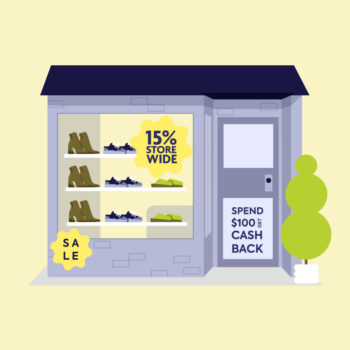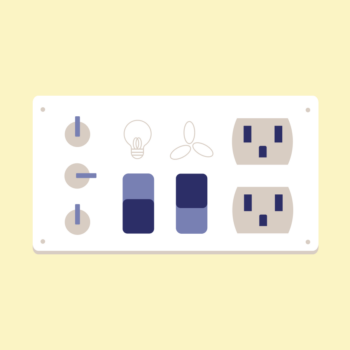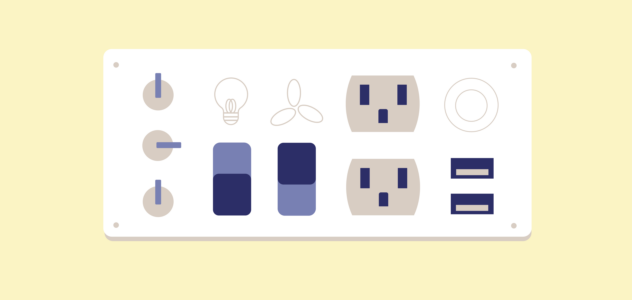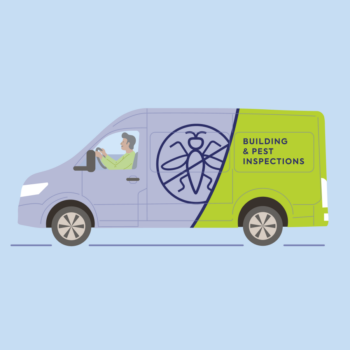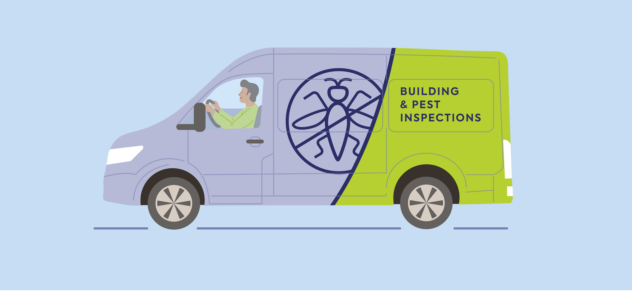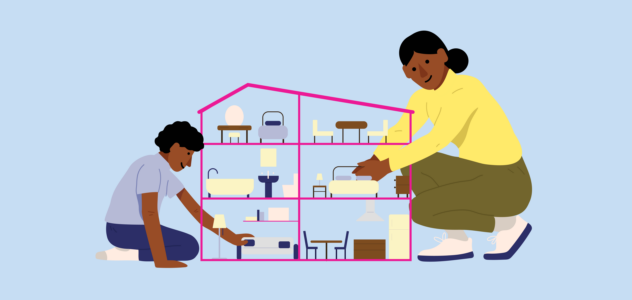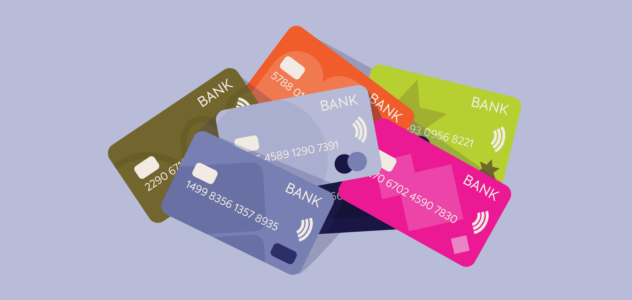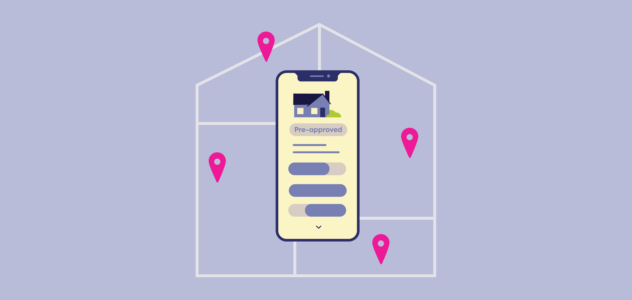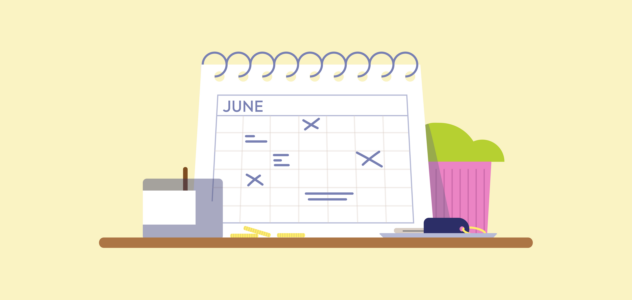It sounds obvious, but when you spend thousands on a property you want to make sure it ends up with *your* name on it.
That’s the (rather crucial) role of a conveyancer. They’re a licensed professional who makes sure the property title is correctly transferred from the seller’s name to the buyer’s name.
“But Finspo, just tell me when do I need a conveyancer when buying?”
It’s a good idea to engage a conveyancer as early as possible, ideally before you start hunting for properties and making offers. That’s because things in the property buying world can move quickly. So when it’s time for you to make an offer, it’s one less thing to worry about if you already have a conveyancer on your team. We’re happy to recommend a few if you need.
Keen to learn more about this little-known-but-very-important-profession? Read on.
What is a conveyancer?
We’ll say it again for good measure – a conveyancer is a licensed professional who makes sure the property title is correctly transferred from the seller’s name to the buyer’s name. They also check the sale contracts and property title before you commit so that you don’t get unexpected surprises when it is too late.
Sure, it sounds simple, but there’s a bit to it. Think of them as your legal go-to, helping you with all the important contracts, documents and processes, like a vendor statement, home and land transfer and contract of sale (more on these in a minute).
Conveyancer vs solicitor: what’s the difference?
These job titles are often used interchangeably, but they’re not the same thing.
A conveyancer is a *licensed* professional, whereas a solicitor is a *legal* professional with extensive knowledge of the law (a slightly more fancy and qualified conveyancer, if you will). This means a conveyancer can sometimes be a solicitor, but not always.
So which should you use, a conveyancer or a solicitor?
With most straightforward property transactions, a conveyancer will have the know-how, skills and qualifications to have your back and make it a smooth process. They’ll usually charge less than a solicitor, too.
However, if a property transaction is more complex, requires in-depth knowledge or carries more risk – then a solicitor might be more equipped to help.

What does a conveyancer *actually* do?
So, we know a conveyancer makes sure a property has your name on it. But what does that actually mean?
Here are four things a good conveyancer can help you with.
1. Research the property
If you get a conveyancer involved from the moment you start property hunting, they can research each property you’re interested in and give you the low-down from a professional lens. Through experience, they can let you know if anything is unusual or concerning about the property and its title. They’ll also take a close look at the Vendor’s Statement to make sure everything aligns with what you’re looking for.
2. Paperwork and more paperwork
A conveyancer will prepare, lodge and talk you through important documents related to a property. If you engage a conveyancer in the early stages (go you!) they may help you with the documents of multiple properties, as this can ultimately help inform the value of the house and your purchase decision.
So, let’s talk about the three biggies. A Vendor’s Statement, contract of sale and home and land transfer.
Vendor’s Statement
A legal and mandatory document that tells potential buyers about the property title they’re interested in. It must disclose information a buyer should know before signing a contract, including things that may affect the state or value of the property (often things that aren’t immediately apparent upon inspection).
A vendor usually prepares a Vendor’s Statement *before* taking a property to market. So it should be ready to hand over as soon as a buyer is interested. It usually includes:
- Title document
- Details on the mortgage
- Information on utilities connected to the land
- Declaration if in a bushfire prone area
- Existing debts and liabilities on the property – is there an outstanding mortgage?
- Insurance details of the property
- Details of easements, planning overlays, zonings, covenants and restrictions
- Government planning schemes that may affect the property
- Other government notices or approvals that may affect the land or property
Contract of sale
A contract of sale is a legally binding document between a seller and a buyer, containing the terms and conditions on the transaction. It happens once both parties have negotiated their side of the bargain and they’re ready to sign on the dotted line. A contract of sale includes things like:
- Details of both the vendor and purchaser
- Address of the property
- Detailed description of the property
- The purchase price
- The deposit amount and due date
- The settlement date
- Any special conditions, like finance or building inspections
- List of inclusions and exclusions (like carpets, blinds and appliances)
- Whether the property is a ‘vacant possession’ (unoccupied) or ‘subject to a lease’ (the tenant may remain in the property after settlement)
Home and land transfer
Finally, the moment a conveyancer is ultimately working toward – when the property officially transfers from the seller’s name to the buyer’s name. A conveyancer will prepare, lodge and walk you through all the legal documents to signify this change of ownership (a rather important step because it makes sure the property ends up with YOUR name on it).
A home and land transfer also involves taxes payable on the date of settlement (these can differ between states and territories).
3. Settle the property
A good conveyancer will attend settlement (either in person or online) and make sure all the right paperwork and money changes hands. Once it’s all signed, sealed and delivered, your conveyancer will usually contact you to let you know it’s a done deal! Then all that’s left to do is pick up the keys and dance through your living room.
4. Represent YOU
Finally, know that your conveyancer is there to represent you. They put your best interests first and thoroughly review each property and its paperwork to make sure you’re making a sound purchase decision. Pretty handy, hey?
How much does a conveyancer cost?
Ah, fees.
Conveyancers aren’t an exception here, you’ll need to pay for their service.
To give you a ballpark, a conveyancer usually costs anywhere between $500 to $2,500. Although this is a loose estimate. It’s hard to give an exact figure because conveyancing costs can vary massively depending on where they work, how they work, the complexity of the transaction and their qualifications. Costs can also differ between states and territories.
In many cases, a solicitor may cost more than a conveyancer due to their qualification (and they’re often involved in more complex jobs).
Usually, conveyancing is a fixed fee payable at settlement.
So, do I need a conveyancer before or after an offer?
Ideally, consult a conveyancer *before* you make an offer.
As soon as you’ve got your pre-approval, it’s a good idea to find a conveyancer and let them know you’re actively looking. That means once you’ve found a place and you’re ready to make an offer, it’s one less thing you have to worry about as they will check the legal documents before you sign them. They’ll also be ready to hit the ground running with you.
In saying that, if you’ve made an offer and you haven’t got a conveyancer yet, don’t panic. It might not be too late if you move quickly. We can point you in the right direction if you need a solid recommendation.

Do I need a conveyancer?
In Australia, the answer can vary between a *firm yes* and *it’s highly recommended* depending on where you live.
Managing documentation, contracts, legal terms and settlement is complicated stuff – especially if you’ve never done it before. Going at it alone could mean you miss something super important in the fine print (yikes). So even if it’s not a legal requirement in your state, it’s strongly recommended you use one.
When should you hire a conveyancer?
In many cases, the sooner the better!
If you’re already looking for properties it could be a good time to get the ball rolling with a conveyancer, afterall, they’re an all-round helpful human to have on your property buying team.
At Finspo, we’ve got a few conveyancers in our network we’ll happily refer you to.
Want to learn more or be connected with a conveyancer? Our team of home loan experts can point you in the right direction or get the ball rolling with pre-approval.

